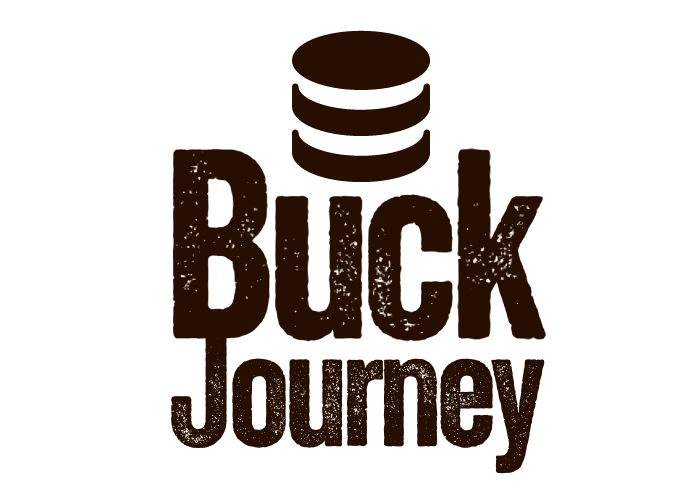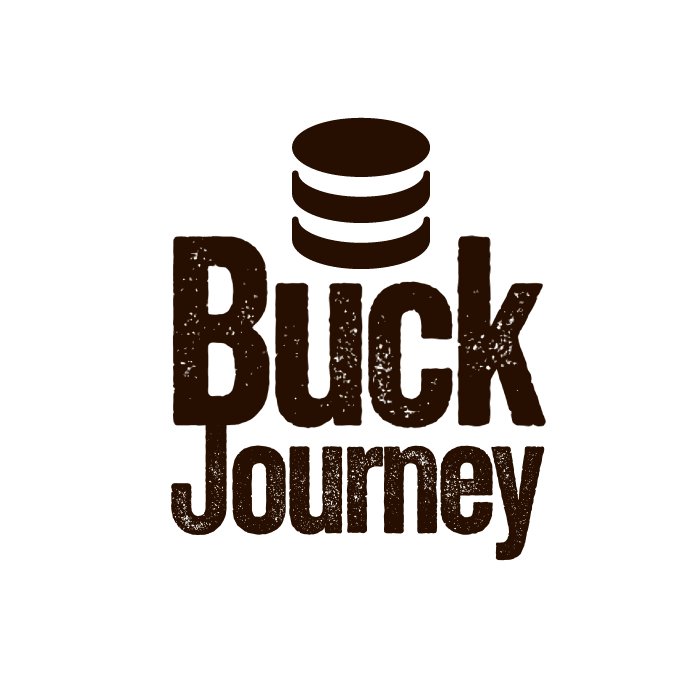[ad_1]
In today’s uncertain world, it’s more important than ever to have a financial safety net in place for emergencies. While having a savings account is a great first step, relying solely on it may not be enough to cover unexpected expenses. In this article, we’ll explore why you need more than just a savings account for emergencies and what alternatives you can consider.
The Limitations of a Savings Account
While a savings account is a safe and secure way to keep your money, it has its limitations when it comes to emergencies. One of the main drawbacks is that the interest rates on savings accounts are often low, which means that your money may not grow as quickly as you’d like. Additionally, most savings accounts have a limit on the number of withdrawals you can make per month, which can be problematic if you need access to your funds in a hurry.
The Importance of Liquidity
When it comes to emergencies, having access to your money quickly is crucial. This is where the concept of liquidity comes into play. While a savings account may be a liquid asset, there are other options that offer even more flexibility and accessibility. For example, a money market account or a high-yield checking account may provide higher interest rates and unlimited withdrawals, making them ideal for emergency funds.
Diversification for Resilience
Another reason why you need more than just a savings account for emergencies is the importance of diversification. Relying solely on one account for your emergency fund puts you at risk if that account becomes inaccessible for any reason. By spreading your emergency savings across different accounts and investment vehicles, you can build a more resilient financial safety net that can weather unexpected challenges.
Alternative Options to Consider
So, what are some alternative options to consider in addition to a savings account for emergencies? One popular choice is a certificate of deposit (CD), which offers higher interest rates in exchange for locking in your money for a specified period of time. Another option is a money market fund, which provides diversification and higher potential returns than a traditional savings account. Additionally, a high-yield savings account or a high-yield checking account can offer competitive interest rates and easy access to your funds.
Conclusion
While a savings account is a good place to start, it’s clear that you need more than just that for emergencies. By considering alternative options that offer higher interest rates, greater liquidity, and diversification, you can build a more robust financial safety net that can provide the peace of mind and security you need in uncertain times.
[ad_2]










